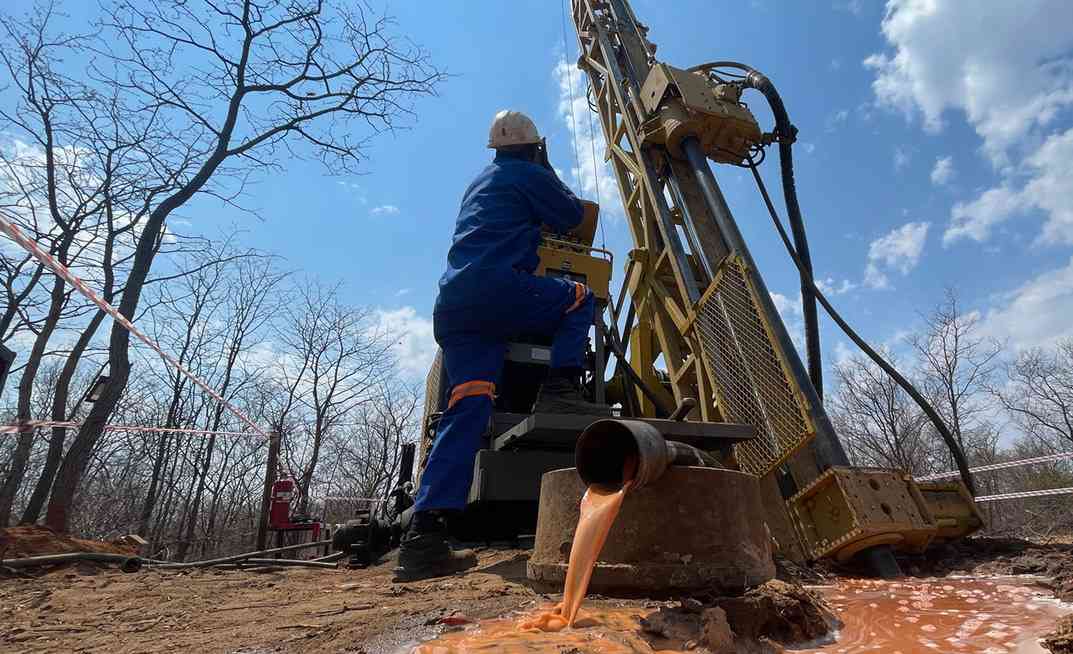
As we were given dominion over any other creature under the sun it is our duty to conserve all that belongs to nature. This thinking might sound familiar but a few are practising it. Our thriving SMEs should by now have branded not only in harmony with nature but as innovators towards conservation branding. Branding that talks about what we are doing in sharing/preserving natural resources for generations to come. Last time we were criticised of not investing much in the future as SMEs. Here we demystify this misconception through an eco-business branding configuration. My colleagues in the accounting field will talk of goodwill as an intangible asset, I say the same as our financial statements will reflect returns from real business through conservation branding.
Those SMEs operating in the tourism industry have even a greater role to spearhead this agenda and lead by example. Since their returns are directly as a result of converting this preserved nature into money that talk visitors and adventure. Whether the players are applying a high-value-low-volume approach or any other the bottom line that we should think, respect and act eco-sustainability in all operations. I was made to strongly rethink this perspective from our previous edition which looked at agrotourism. Here we take nose-dive looking at branding through conservation as a broader and usually forgotten concept. One that allows us to brand through smart practices, technologies and undisturbed endowments of our ecology.
Conservation should become a key part of why we exist in our entrepreneurial drive. The concept has changed tremendously through leaps and bounds. In its inception it was more of hygienic and housekeeping only (matters of compliance). Surprisingly, with affluxion of time it gained momentum to be one of the key drivers for a lasting brand visibility and awareness. The global world of business across all sectors has resorted to this movement as a must do. This is through nature conservation engagement/partnerships born out of policies and supportive structures that walk the talk. Surely brand identity and recognition has been made easier for our SMEs through adoption.
We have seen most successful big businesses of our age now supporting and having their brands represented by the Go Green!! Slogans. And these are listed and rated as of higher equity on the global stock exchange platforms. It is paying more than at any time before through maintaining an equilibrium of customer conservation expectations and what we offer. If you snooze you lose! That is the reason United Nations has committed itself to climate change thematic conferences like the COP 27 where matters of conservation are tabled to counter any possible disaster that might arise.
Since it is a global agenda, configuring the same in your business can give you an edge to be branded amongst the global best followers/leaders of sustainable practices. Those SMEs who have moved with the same agenda in their branding and rebranding can confess the magic within this recipe so far.
To start with, our leadership has again proven to be key in the effective and efficient enterprising through conservation. As we take-off/start-up and grow, we should nurture our own ambassadors who are sympathetic to nature so as to connect with our structures and brand visioning. The Standard Operating Procedures (SOPS) in every section of the SME practices should be made from conservation. The vision, mission and values should talk a preserved nature. That culture of conservation for branding our SMEs is made easier and clearer through leadership. This will motivate other members of the growing SMEs to commit themselves to green matters as part of their duty (such that practising conservation becomes natural). At the end of the day all about an organisation and its people will be branded as natural and aesthetic. Recycling, energy saving, elimination of pollution and any other becomes the way we do business here (branding through unique conservation configurations). Now it makes sense that you do not need to be a giant in an industry/ sector for you to lead branding through conservation. The systems that are put in places can talk this contemporary branding. The choice is yours. Even collaborating with other eco-friendly organisations as a shared effort can give you greater mileage towards extensive recognition and visibility. As said in other previous editions, collaborations and accreditations with global conservation certifying bodies is also paramount as these have been on the limelight for some time. Here we ride on their social capital through collaborations. As the adage goes “birds of a feather flock together.” We will then be reckoned and viewed as them. Our brand(s) will then last as conservative and for longevity in the global targeted markets. The Public Private Partnerships are also critical in this sense and visioning as we engage with government and other private players to spearhead this drive and be branded green entrepreneurs.
Secondly, it is important to know that branding through pricing has been overtaken by conservation. Here we are moving away from those bargain-hunters to conscious consumers. Those consumers that think about cleanliness and quality of life when making their buying decisions. They have gone beyond selfish-consumption to consider the generation that is yet to come. As part of our basis for uniqueness those in the school of economics can agree with me that product differentiation can also brand a business better than other traditional ways. If conservation becomes the lifeline of a business, then an SME will be viewed differently from any other operator in the same market. That type of branding will go further to develop monopolistic power. What we are longing for in our entrepreneurial business modelling is dominance which in this case can be directly improved through conservation branding.
Charity begins at home. Non-profitable conservation in the form of donations to nature upkeep can also be another way to improve brand publicity of the small and yet to grow enterprises of our own. This can be through voluntary weekly cleaning of litter in the environment we are operating in and applying global environmental protection themes to accompany the brand elements we use for publicity (logos, jingles, animations and so forth). There is more here that can face lift the brand for real equity as nature was freely given to us which makes it a cost effective approach for brand promotion. What matters here is to know when to do it and the kind of approaches to lead the talk and act (remembering that there is no one size fits all here).
- Trophy hunting drives African lion into extinction
- Prove how we ‘rig’ polls: Zec
- CCC youths camp at Chin‘ono home
- Self-care tips to boost your mental health
Keep Reading
Lastly, your future sustainability strategy as a business drive should be given publicity and shared with the whole world on a regular basis (through all convenient social media networks and any other modes). Usually our SMEs wait for global events like United Nations COP27 that talk conservation as aforementioned yet this is a matter of breathing. It should be part of the short to long-term brand visioning of the business (strategically tailored). When we do our internal and external strategy evaluations from time to time, conservation should be at the top. Then we give global publicity to what we are doing best and yet to do in conserving nature. In this drive, we then conclude that we are not supposed to only talk brand visioning, but align this matter with the overall conservation branding strategy. Till then I leave you with the words from Leo Tolstoy that “One of the first conditions of happiness is that the link between man and nature shall not be broken.”
Dr Farai Chigora is a businessman and academic. He is the head of Business Science at the Africa University’s College of Business, Peace, Leadership and Governance. His doctoral research focused on business administration (destination marketing and branding major, Ukzn, SA). He is into agribusiness and consults for many companies in Zimbabwe and Africa. He writes in his personal capacity and can be contacted for feedback and business at fariechigora@gmail.com, WhatsApp mobile: +263772886871.









